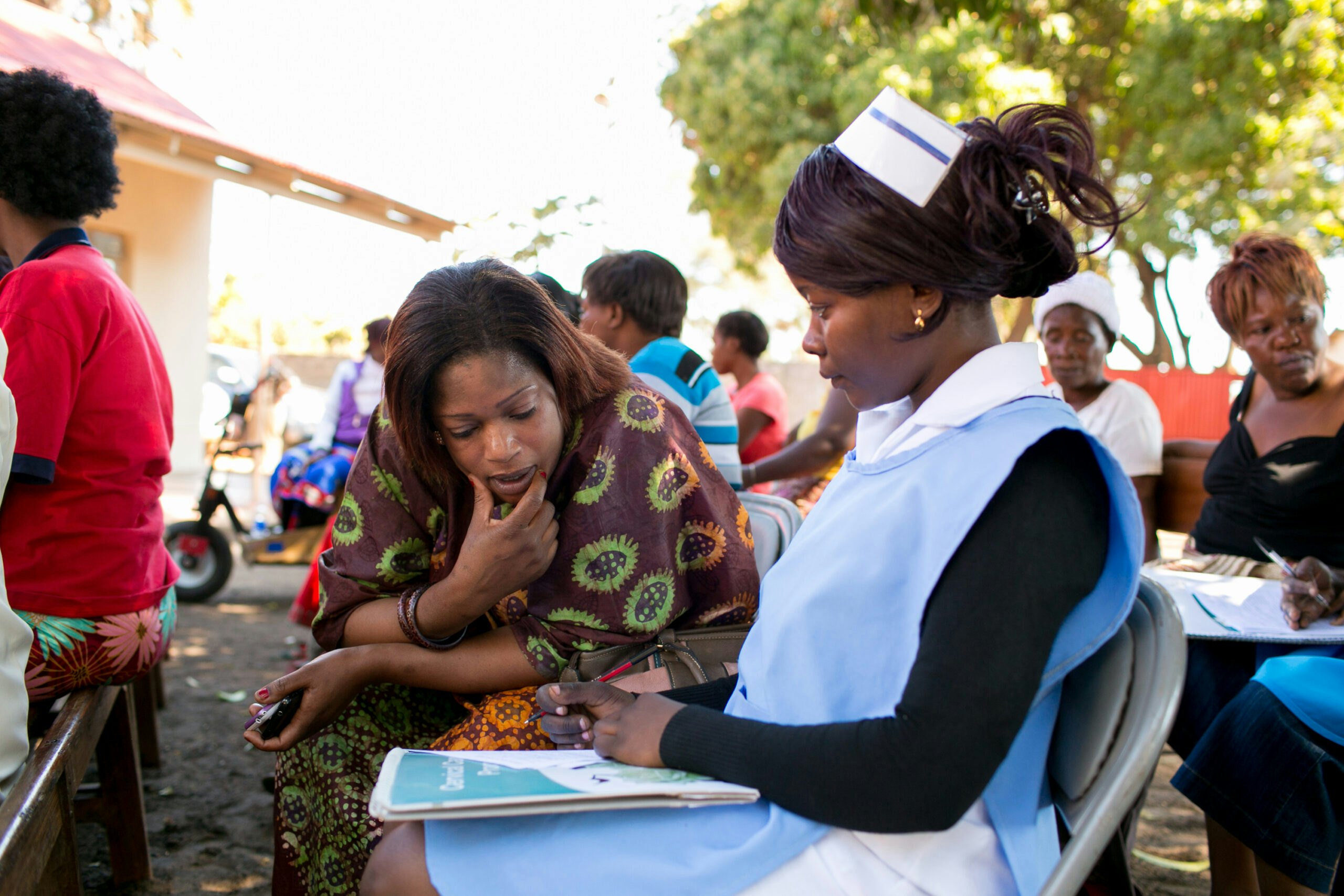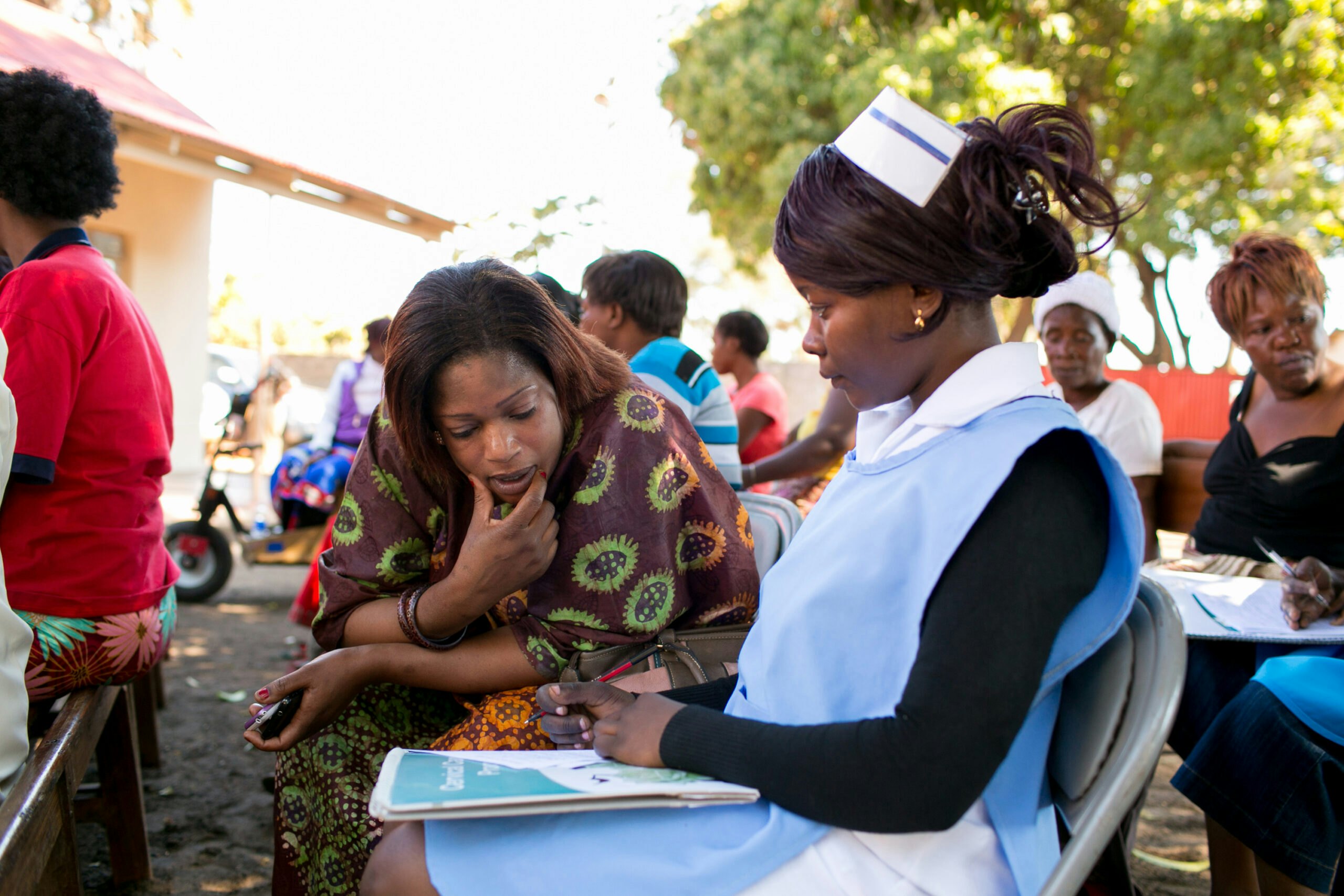The United States’ current national security strategy broadly identifies China and Russia as our top strategic adversaries. Both countries have made Africa a priority of their anti-U.S. influence campaigns, with Moscow especially active on the continent seeking support for its brutal full-scale invasion of Ukraine.
As a complement to their Belt Road Initiative, China began creating a “Health Silk Road” to support progress toward the United Nations 2030 sustainable development goals. China has strengthened trade relationships across the continent for decades, taking advantage of valuable resources and opaque partnerships. Chinese lending structures that lack accountability and transparency and the regime’s concerning human rights record stand in stark contrast with the United States’ model for development aid.
The President’s Emergency Plan for AIDS Relief (PEPFAR), is an exemplar of a foreign policy program that stands in stark contrast to China’s “Health Silk Road.” The program was enacted into law with overwhelming bipartisan support in 2003 with the goal of saving lives and advancing progress toward HIV/AIDS pandemic control around the globe. To date, PEPFAR has helped save 25 million lives and an entire generation on the continent of Africa from what was then a near-certain death sentence.
As President Bush recently wrote, “I believe that every life has dignity and value. I also believe that of those to whom much is given, much is required. So we developed a plan with clear objectives and accountability, and we got to work.”
PEPFAR is not only one of the great acts of human mercy and compassion in modern times, but a program of great significant strategic importance for the United States. With a modest investment of one-tenth of one percent of the U.S. federal budget, PEPFAR has delivered unprecedented, measurable results.
PEPFAR funding has strengthened diplomatic relations and improved the perception of U.S. leadership across the globe. In countries where PEPFAR operates, public opinion of the United States is higher than the global average. As Africa continues to grow in its economic and political influence, the U.S. must continue to engage on the continent.
Unlike China’s initiatives, PEPFAR is built on transparency, accountability, and data-driven decision-making. Additionally, over half of PEPFAR funding goes to local organizations, many in African communities, which supports opportunity, inclusivity, and civic engagement. PEPFAR is a shining example of compassion.
The program is up for reauthorization. Should Congress fail to reauthorize PEPFAR, it would be national security malpractice. Without PEPFAR, there will be a blow to U.S. leadership and a void that would be created for adversaries – like China – to exploit. It will also bring uncertainty to the program recipients relying on these life-saving medicines.
If the United States is to effectively compete with China and Russia for influence in low- and middle-income countries, we need to utilize every tool at our disposal without the politics of the day standing in the way. Congress should renew PEPFAR’s authorization without delay.




























